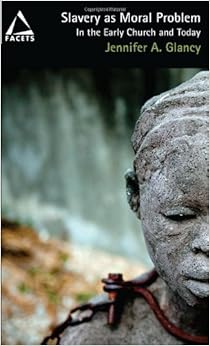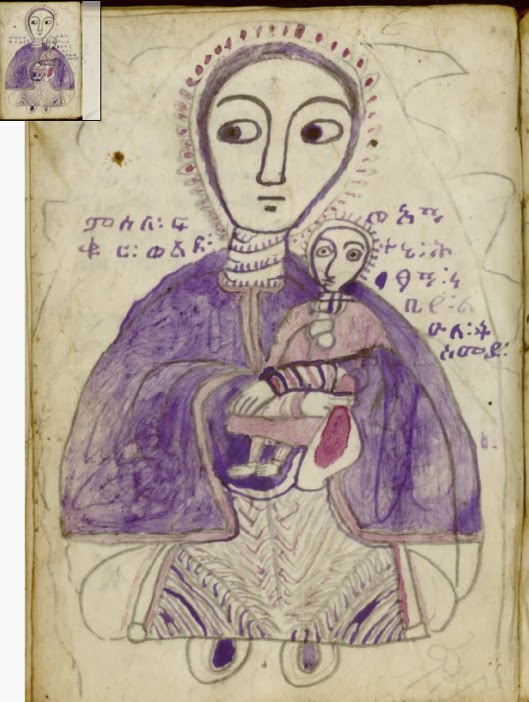There are a lot of ways to read a text. Over the last two weeks I have been concording (making a concordance -- if "concording" wasn't a verb before, it is now) a portion of Ethiopic Jubilees. This work involves going through the Ge'ez word by word, prefixed preposition and conjunction by prefixed preposition and conjunction. While the work should probably be dull and laborious, it's actually been pretty enjoyable. Part of the enjoyment comes from the fact that Ge'ez is fun (according to one out of one bloggers surveyed), and from the many cool little things one generally discovers when peering behind the English veil to see the original, or in this case versional language of an ancient text. But I've also found myself enjoying the narrative more. In particular, I've found myself more emotionally wrapped up in the story. That's right, it turns out concording is an oddly emotional experience.
I've worked through chapters 11-20, from the beginnings of Abram's life up to the point where he starts talking about the possibility of his death (21:1). This means I've covered a lot of narrative time (Abe is now 175 years old). But as is characteristic of much Israelite and early Jewish narrative, that 175 years has taken very little discourse time. A lot of time in the story world has been condensed into 10 chapters and 250ish verses. When there's such a disparity between narrative time and discourse time we do not always have the opportunity to become emotionally wrapped up in a story and its characters. We read about a character's birth and then, after twenty minutes of reading, we read about their death.



